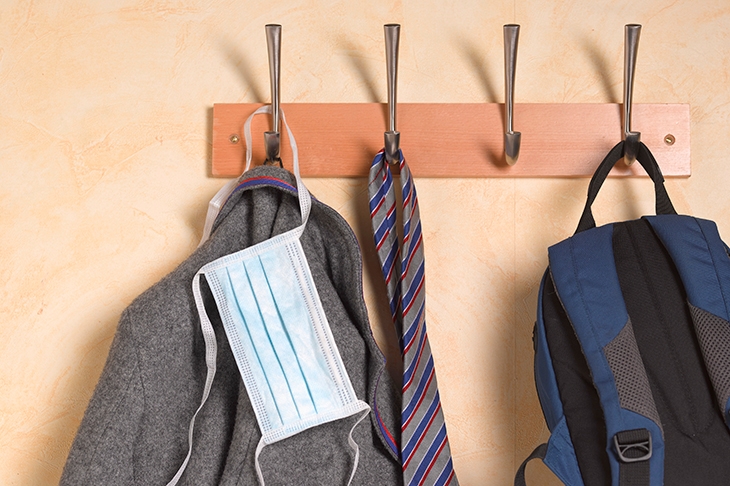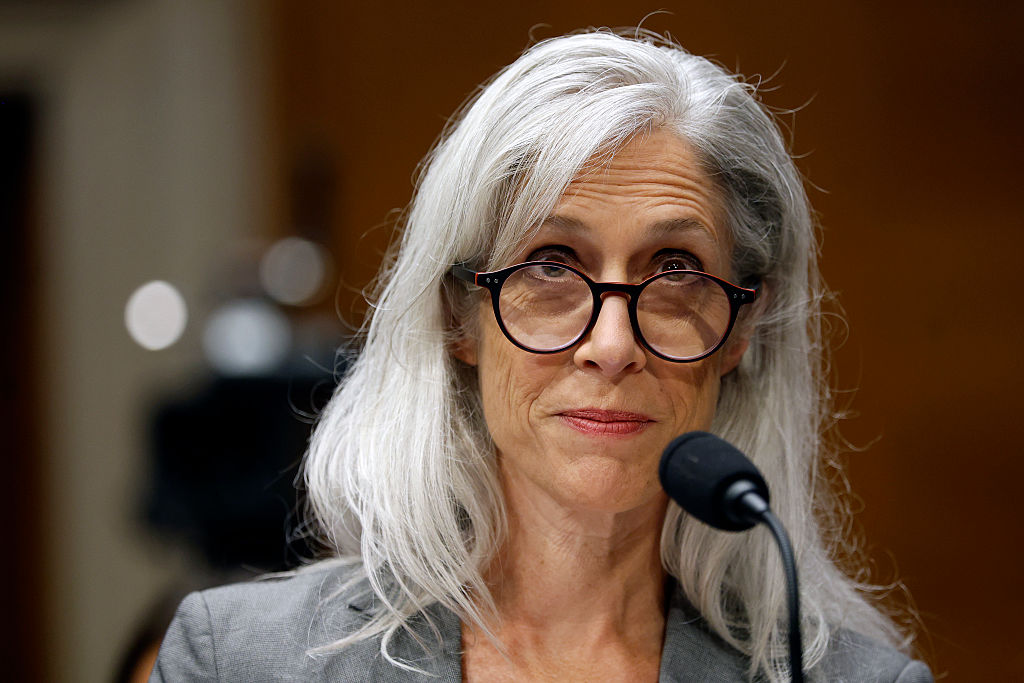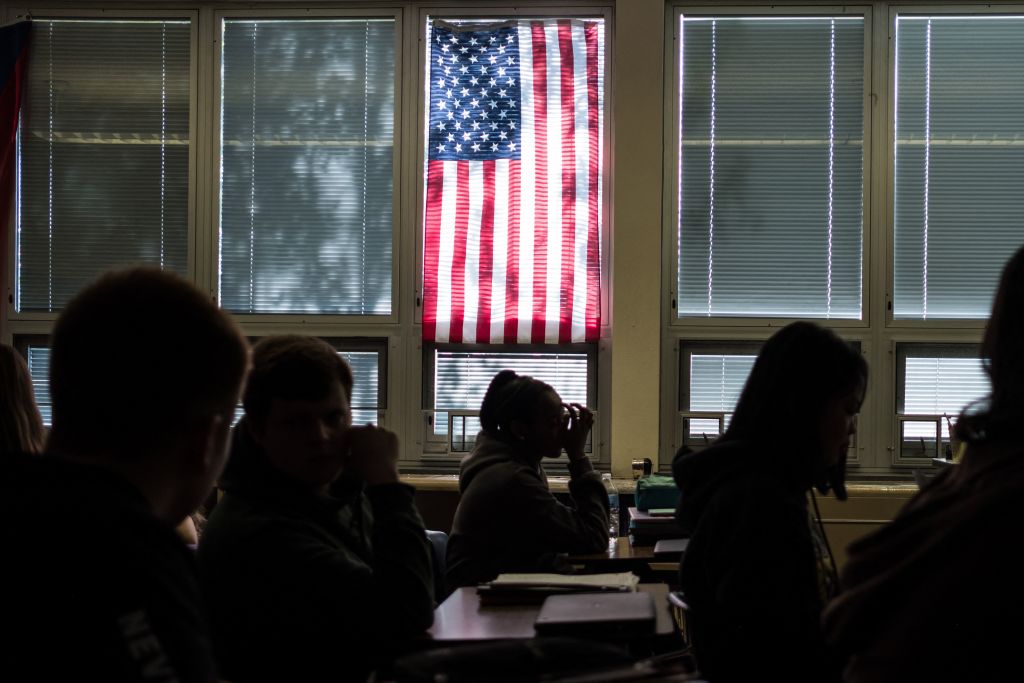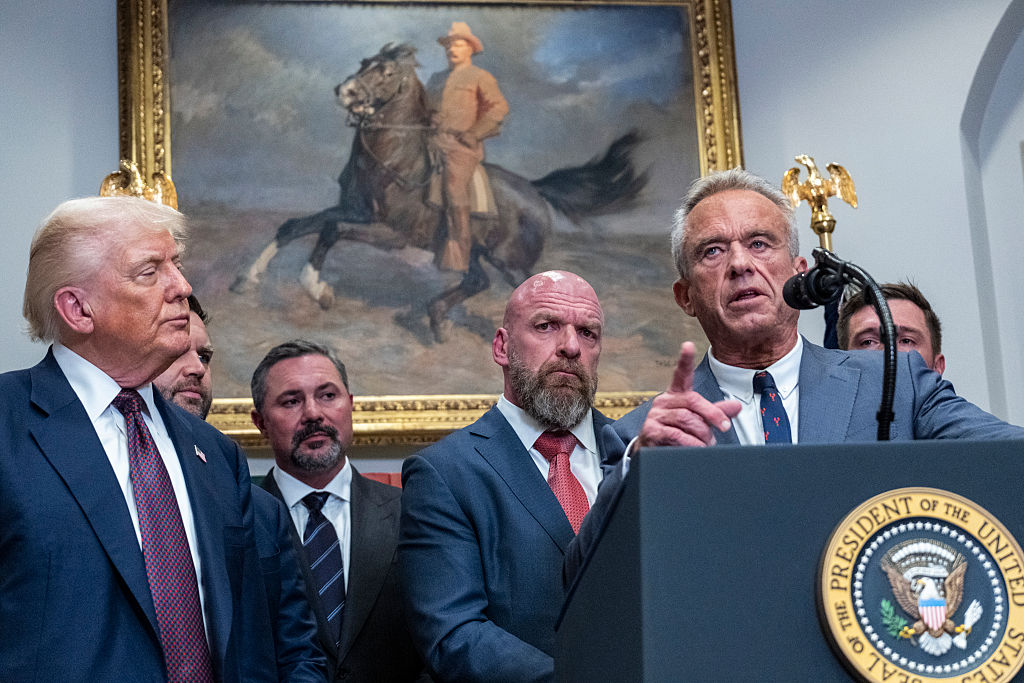It has become a commonplace among social psychologists that one of the characteristics that unites conservatives is our sensitivity to disgust. A succession of experiments carried out over the past 10 years seems to show that a person’s political views are linked to how disgusting they find the idea of, say, touching a toilet seat in a public lavatory. The more repulsed you are, the more likely you are to hold conservative positions on issues like gay marriage, immigration and abortion. These findings have been lapped up by liberal social scientists since they confirm their view of conservatives as uptight control freaks whose love of hierarchy and tradition is rooted in an irrational fear of contagion.
But like many findings in psychology, these experiments haven’t always been easy to replicate and a meta-analysis of 24 studies in 2013 found that the relationship between conservative opinions and sensitivity to disgust was fairly modest. Today, I wouldn’t be surprised if people on the left are more easily repulsed than those on the right. It is liberals who seem to be gripped by a horror of contamination, not conservatives. How else to explain the enthusiasm with which they’ve welcomed the quarantining of whole populations as a way of managing the outbreak of coronavirus?
Take Anneliese Dodds, the British Labour party’s new shadow chancellor. Last week, she said she wouldn’t send her six-year-old son back to school on June 1 until she’d seen more evidence that it was safe. But so far, only two children under the age of 15 have died from COVID-19 in English hospitals, and according to the statistician David Spiegelhalter the risk of a child under 15 dying from coronavirus is one in 5.3 million. Is that not safe enough for the shadow chancellor? To be fair, her concern is that her son will transmit the virus to others, not catch it himself. But again, the risk of that happening is negligible. Research published by the Royal College of Paediatrics and Child Health found that children under the age of ten don’t transmit the virus, and that’s not just true of the UK. A joint commission by China and the World Health Organization couldn’t find a single case of a child under 10 infecting an adult anywhere in the world.
Now I daresay that plenty of Tory voters are also reluctant to send their children back to school. But in general, conservatives are more likely to want to end the lockdown than liberals. According to YouGov, 61 percent of Tory voters welcomed Boris’s announcement about the easing of restrictions on May 10, compared with just 32 percent of Labour voters — and a poll on Conservative Home last week found that a third of party members want to bring the lockdown to an end even faster.
The same split is evident in America. A recent Gallup poll found that 48 percent of Republican voters had worn a face mask in the past week compared with 75 percent of Democrats. As a rule, Republicans are much less likely to self-isolate, practice social distancing or avoid public spaces.
***
Get three months of The Spectator for just $9.99 — plus a Spectator Parker pen
***
Of course, there are other factors at play. Luke Conway, a professor of psychology at the University of Montana, wrote about the political divide in attitudes to the pandemic for the Heterodox Academy blog and said it partly reflected partisan self-interest. ‘Because a threatening disease might validate government interventions that conservatives dislike, conservatives appear motivated to downplay the severity,’ he wrote. ‘Conversely, because a threatening disease might validate government interventions that liberals do like, liberals seem motivated to magnify the threat.’
But a fear of contagion must also play a part in the strong support of liberals for the lockdown, which suggests that disgust sensitivity has migrated from one side of the political divide to the other. I’ve long suspected this to be the case, because it’s apparent in other areas of contemporary politics, such as the left’s obsessive policing of the public square, searching for heretics to ‘cancel’, almost as if they’re the equivalent of viruses. The same fear seems to be behind the concepts of ‘safe spaces’ and ‘trigger warnings’, as well as the increasing tendency to ‘no-platform’ controversial figures. People like me are treated as if we’re infectious and anyone getting too close to us might catch our ‘toxic’ views. In this light, the social distancing that liberals are so enthusiastic about is an extension of the political distancing they’ve been practicing for years. Who are the irrational ones now?
This article was originally published in The Spectator’s UK magazine. Subscribe to the US edition here.

























